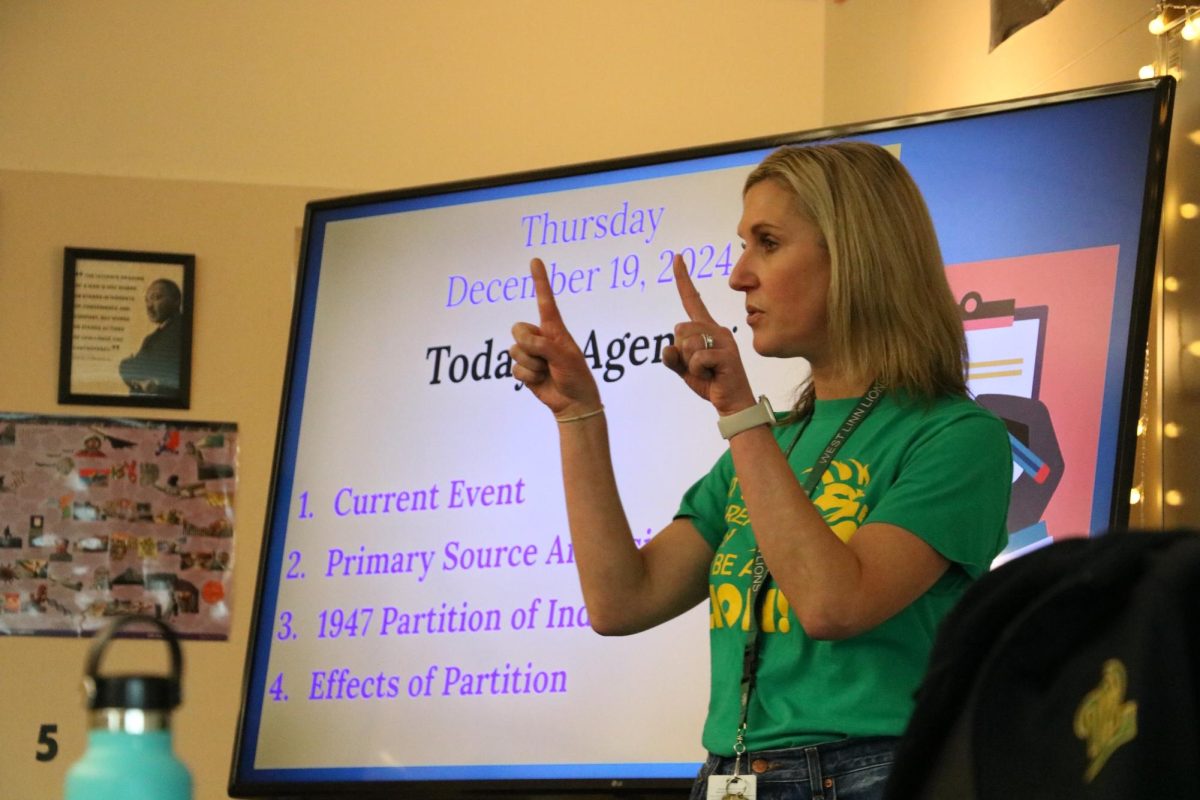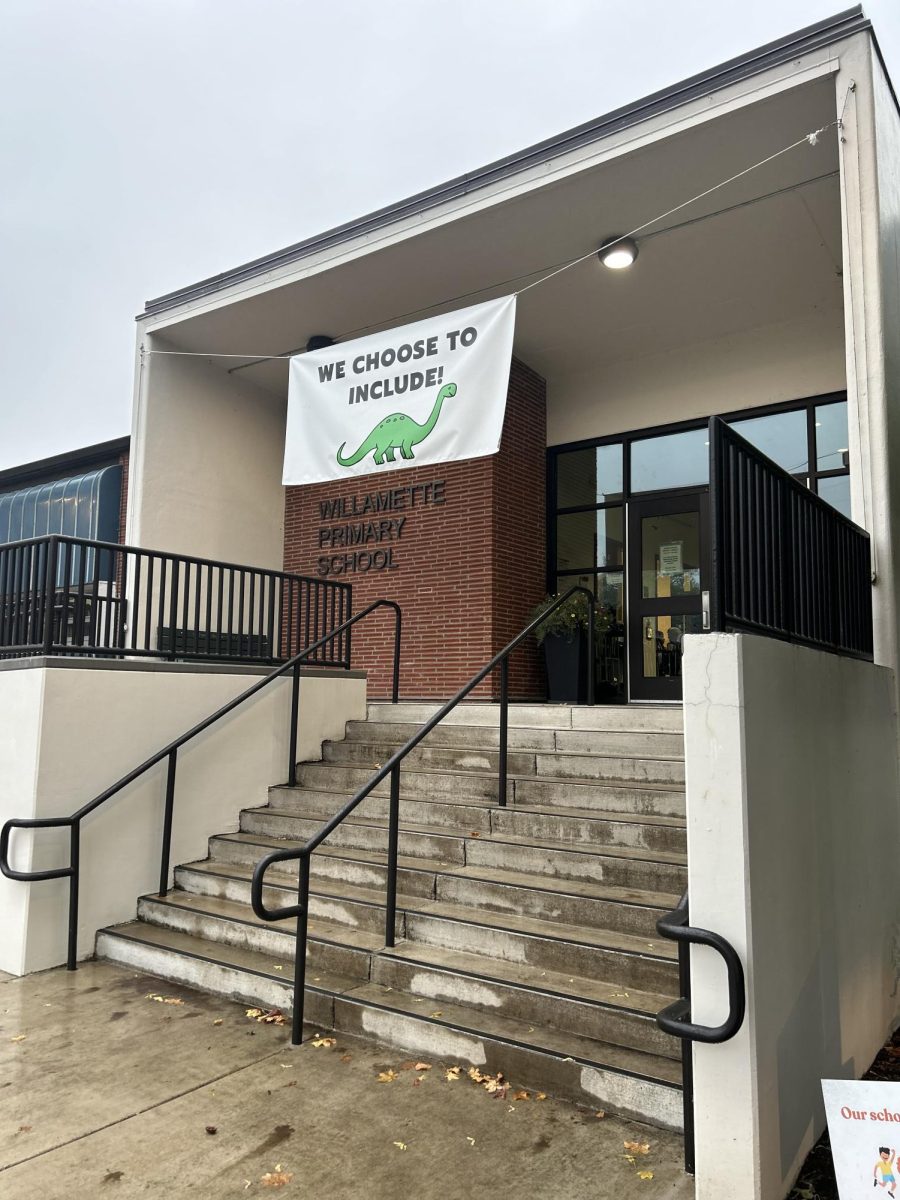Why should I care: Two Wilsonville public servants have thrown their hats in the ring in the race for Chair of the Clackamas County Board of Commissioners, a position which has control over how the county distributes money for roads, bridges and human services departments. Both candidates want to ensure citizens receive the services they need and can move around efficiently and accessibly — but they approach this goal in different ways.
Voters can take their pick between Charlotte Lehan, current chair, and John Ludlow, Wilsonville businessman and volunteer. Ludlow wants to tighten the county’s belt and strengthen currently existing programs; Lehan is willing to tackle new projects in transportation and land use in her second term.
Lehan has been on the board of commissioners since 2008, and was appointed as chair in 2010. A high priority of hers is preserving farmland.
“Most of what I spent my first two years on was urban and rural reserves,” Lehan said. “We allowed more certainty, especially in making sure land can be used for long-term farming.”
In her next term, she hopes to preserve a balance between urban growth and farming. She cites the development of Wilsonville’s Villebois neighborhood as a positive example of efficient urban renewal where all taxing entities were on the same page. Ludlow disagrees; he argues that a deficit was ran up in the development of the neighborhood which county residents had to pick up the tab for.
Ludlow is dedicated to making sure Clackamas County’s money is spent on projects which benefit many residents instead of few. For example, he opposes the proposed introduction of a light rail system in Clackamas County because of how few people it would affect, as well as how much time it would take away from a person’s day to use rail instead of a car.
“A majority of the commission is not listening to the citizens,” Ludlow said. “They’re not answering to the people, especially not to the people who disagree.”
Ludlow supports countywide votes on transportation expenditures.
“Every fee, every tax, used to go to the voters,” Ludlow said. “Now they’re spending money like they’re using a credit card.”
Even if it only affects a relatively small portion of the county, Lehan sees it as an option that should be available to people who need to commute into Portland.
“The light rail is an important transportation option because it provides people with alternative means of transportation,” Lehan said. “Many people these days, especially younger people, get by with fewer cars. For a person who commutes to the same place everyday the light rail can be essential for them. It would also be less expensive than constructing a new freeway or adding new lanes to a street like McLoughlin.”
Ludlow’s concern is that because of the cost of building the light rail, other departments, such as Human Services, would lose about 5% of their current funding. Ludlow has worked very closely with prisoners, battered women and seniors, and would like to see more funds directed towards them.
Ludlow considers light rail to be a form of “Portland creep,” the phrase used mainly by Oregon Transformation PAC to describe the addition of unwanted high-density housing and transportation expansion in Clackamas County. Lehan does not consider Portland’s influence to be negative; she values the partnership the Board of Commissioners has formed with the Metro Council to make sure “everyone’s needs are met.”
Another phrase circulating the race has been “John Ludlow is a bully,” seen on signs created by local activist David Adams. Lehan’s campaign has disassociated itself from these signs, hoping to focus the race on policy. Ludlow is concerned that Lehan believes what the signs say. He wants to defend himself against this allegation.
“I have been a volunteer of the year at Coffee Creek Correctional Facility twice,” Ludlow said. “I have been a Rotary Club president and a citizen of the year. That is not the record of a bully.”
Lehan and Ludlow both share the experience of having been mayors of Wilsonville. Ludlow was elected in 1989. Lehan was recruited by a friend to join the city council after Ludlow’s resignation in 1991. In 1996, she was elected mayor herself, serving for twelve years.
Lehan believes that she should remain on the Board of Commissioners because she has more experience in connecting to fellow public servants in order to create positive outcomes for citizens.
“I have more than 20 years in office and I have important relationships with influential people, whereas Ludlow has not even begun to forge those relationships,” Lehan said. “I have faced challenging and controversial situations. In each situation the outcome has always been a good one.”
Ludlow believes he would be a better pick because of his ability to listen directly to citizens.
“Hearing is acknowledging the other person is talking,” Ludlow said. “Listening is digesting the words and even being convinced to believe a new point of view. My opponent does not want to reach across the aisle; I want people to convince me.”





























































![At the bottom of the third inning, the Lions are still scoreless. Rowe stands at home plate, preparing to bat, while Vandenbrink stands off to the side as the next batter up. Despite having the bases loaded, the team was unable to score any runs. “It’s just the beginning of the season. We’re just going to be playing out best by June, [and] that’s where champions are,” Rowe said.](https://wlhsnow.com/wp-content/uploads/2024/03/IMG_3077-1200x900.jpg)







































![All smiles. The group poses for a photo with last year’s book, “This is Our House,” along with their award for third Best in Show. Meikle, who was an Editor-in-Chief for the yearbook last year as well, holds both and stands at the center of the group. “That was an amazing feeling, going and grabbing the third place award,” Meikle said. “All of it paid off. I cried so much over that book, being able to receive [the award] was one of the highlights of my high school career, it was like the coolest thing ever.”](https://wlhsnow.com/wp-content/uploads/2024/11/8bookpose_philly-1200x800.jpg)












